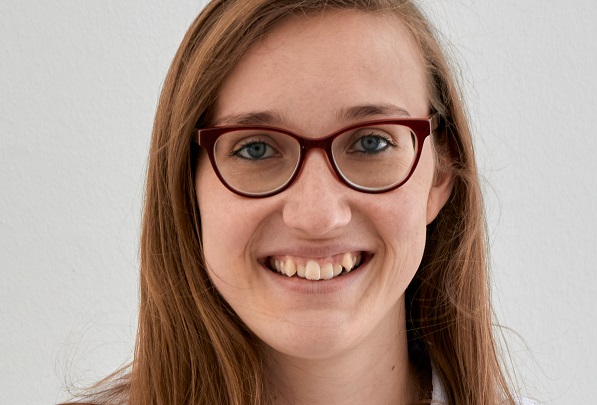Barbara Lehner's Research Passion at the LIT Secure and Correct Systems Lab.

What is your current research about?
As part of my PhD studies at the LIT Secure and Correct Systems Lab, I am currently conducting research on semiconductor quantum dots as part of Prof. Armando Rastelli’s group at the department of Semiconductor Physics. Semiconductor quantum dots are nanostructures made out of semiconductor materials. More specifically, we are working with gallium arsenide quantum dots that can, for example, serve as a light source for entangled photons, enabling the implementation of tap-proof connections using quantum encryption. In Linz, we can produce the quantum dots ourselves, refine them, study the emitted light, and use them to secure data transmission.
Why did you choose a career in academia? Have you ever regretted it?
I have always been passionate about technology. I graduated in mechatronics from the HTL in Steyr, however, I wanted to take a closer look at natural phenomena and the resulting technical advancements so I decided to study physics and I’m happy I did! After my graduating, the opportunity to earn a doctorate degree came about.
In your opinion, can men and women be equally successful when it comes to studies and research careers?
I haven't encountered any disadvantage for women, either at school or during my studies. Later on, however, I think family plans plays a major role as to whether or not you embark on a continuing career in research or in industry. Temporary contracts at universities are more of a disadvantage.
What would you like to see or improve at the JKU, and in your opinion, what do you think is progressing well?
A positive aspect for sure is that every year, the JKU encourages women to pursue a degree in technology and/or natural sciences. I would, however, like to see more discussions about the advantages and disadvantages of an academic career, particularly after completing a graduate and/or a doctorate degree. I got most of the impressions from only predominantly male predecessors in the same field.
What is your advice for young women interested in a research career?
Definitely do not shy away from pursuing a technical or engineering degree. "The proof of the pudding is in the eating." After graduating, there are always options to go into industry or stay in academia.








